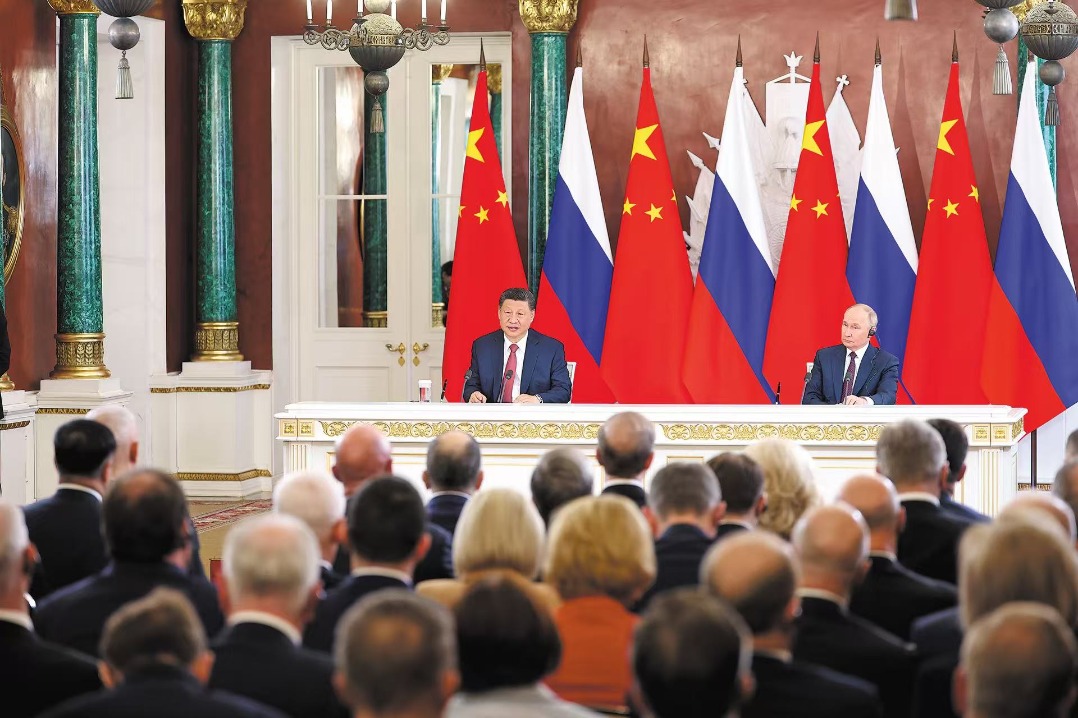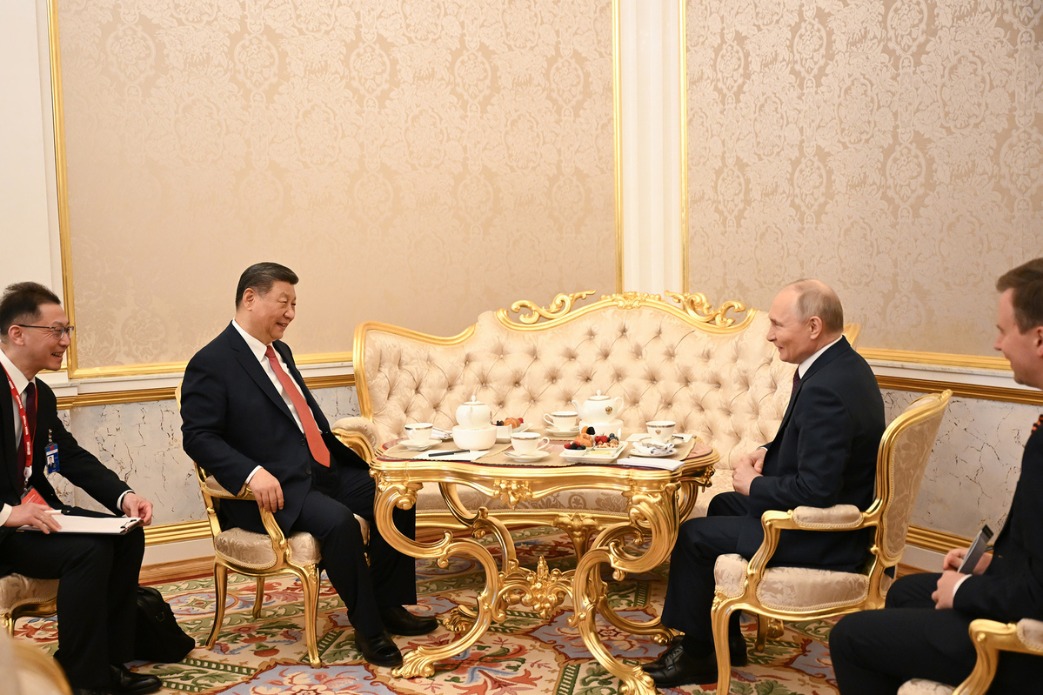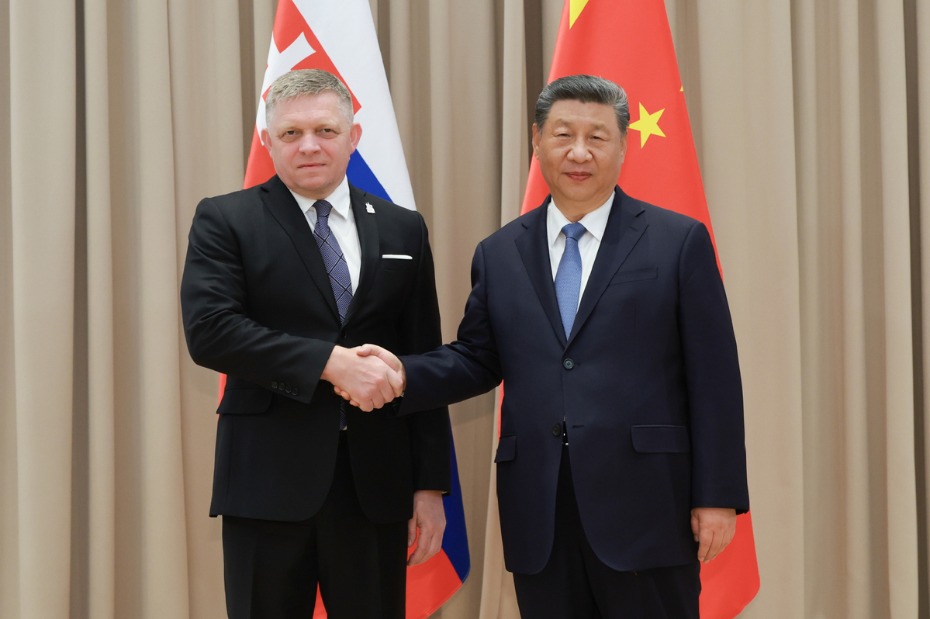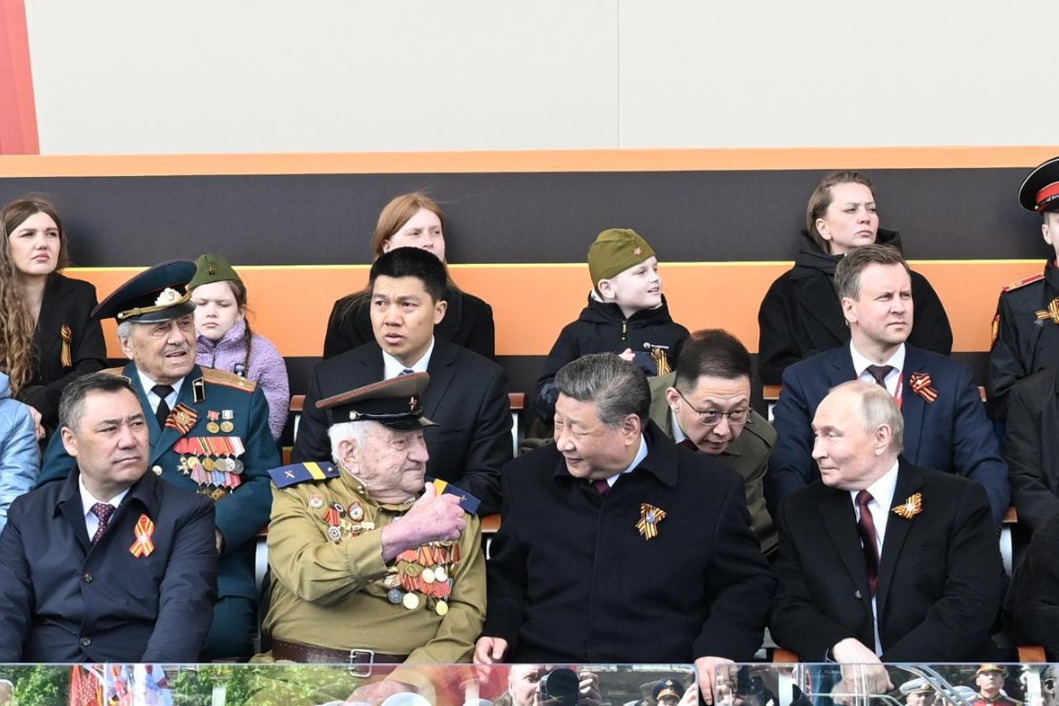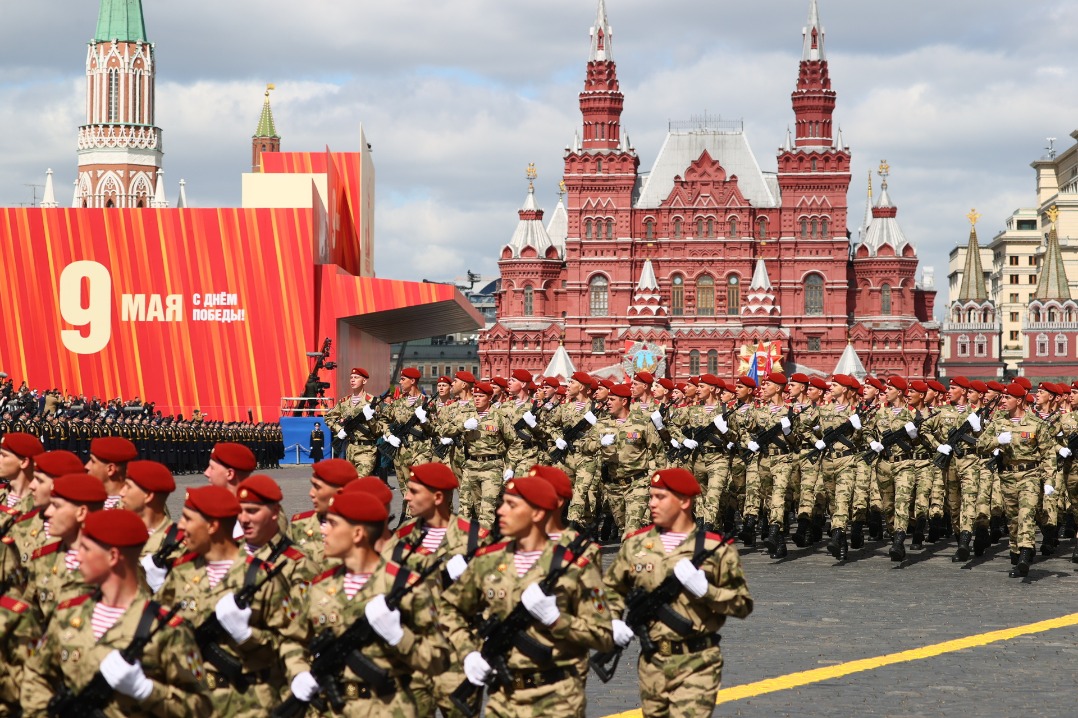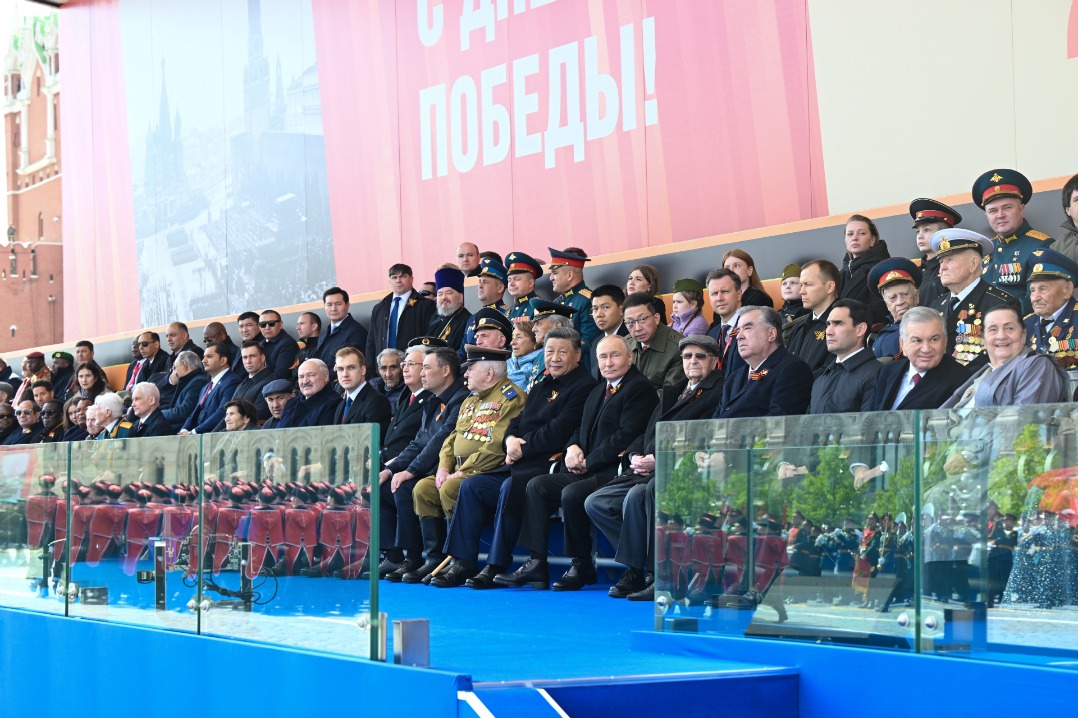Opposing 'independence' right path for Taiwan residents


This year marks the 75th anniversary of the founding of the People's Republic of China. In the more than seven decades since then China has become the second-largest economy, a leading global technology country and a key global political force. The country has also refined its political system and improved its social governance, and its citizens today have a greater sense of security and satisfaction. All these have firmly set China on the road to realizing national rejuvenation.
Throughout the past 75 years, the Chinese government has been steadfastly safeguarding the country's sovereignty and territorial integrity. It has devised the "one country, two systems" policy to resolve the historical issues of Hong Kong and Macao, reunifying them with the motherland and granting them the status of special administrative regions. During the 2019"anti-extradition" riots in the Hong Kong Special Administrative Region, the central authorities upheld the rule of law and strengthened "one country, two systems", guiding Hong Kong from chaos to order.
Despite the fact that Taiwan is yet to be reunified with the motherland, the momentum and condition for cross-Strait reunification remain firm. The Chinese mainland's growing confidence and strength have effectively curbed "Taiwan independence" activities, advancing the cause of national reunification.
On Jan 2, 2019, President Xi Jinping asserted at the 40th anniversary of the "Message to Compatriots in Taiwan" that Taiwan will inevitably be reunified with the motherland. His remark reflected the historical inevitability of cross-Taiwan Strait relations and the requirement for the rejuvenation of the Chinese nation.
To address the Taiwan question and realize national reunification, the mainland has been adhering to the 1992 Consensus. And "one country, two systems" is a significant policy to achieve peaceful reunification, and must always be upheld.
The mainland's proposal for national reunification is based on the people-centered development philosophy. The principle that people on both sides of the Strait belong to one family is increasingly reflected in the policy that promotes national integration.
The report of the 20th National Congress of the Communist Party of China emphasized the importance of improving the systems and policies that enhance the well-being of Taiwan compatriots. In fact, the mainland has implemented policies to grant Taiwan compatriots and enterprises equal treatment in economic, social, cultural and other fields.
Cross-Strait integration is a dynamic and evolving process, and regardless of whether cross-Strait relations are stable or not, the mainland remains committed to promoting national integration. But while the mainland has been taking measures to maintain peace and stability across the Strait, Taiwan's political landscape has been increasingly shifting toward seeking "independence", adding uncertainty to the situation.
Since taking office, the Lai Ching-te administration in Taiwan, despite being in "double minority" position — it won only 40 percent of the votes and lacks majority in the legislative assembly — has been wielding power arrogantly and governing aggressively. And by adopting a confrontational "anti-mainland" policy, the Lai administration has raised serious concerns.
First, Lai has been adhering to the "new two-state theory" in a bid to build a "Taiwan-centric national identity", which is an attempt to sever historical, cultural, and exchange ties with the mainland, and deny the shared heritage of the Chinese nation. The Lai administration's heavy-handed attitude has disrupted cross-Strait exchanges, as evidenced by the recent denial of entry to mainland scholars by Taiwan's "mainland affairs council".
Second, the Lai administration has unleashed "green terror" in Taiwan using judicial means to suppress pro-cross-Strait exchange groups, because in Lai's eyes suppressing cross-Strait exchanges is an effective way to oppose national reunification. The more exchanges occur across the Strait, the more the ruling Democratic Progressive Party wants to undermine them. The Lai administration has used laws such as the "anti-infiltration act" to interrogate, detain and prosecute individuals who support cross-Strait exchanges, creating a chilling effect on the island.
And third, the Lai administration has stoked "anti-mainland" sentiments and is creating war hysteria, by funding projects such as the propagandistic movie Zero Day Attack to create social panic. The DPP, skilled in manipulating ideology, has been using sensitive cross-Strait issues to distract from its governance failures, with the Lai administration promoting "Taiwan independence" policies and subordinating Taiwan's overall interests to the DPP's partisan goals, leading to instability in cross-Strait relations.
Beijing has the capability, means and experience to counter "Taiwan independence" forces and will continue to control the situation. It has made it clear that every Taiwan provocation will be met with a step toward reunification until complete reunification is achieved. Taiwan residents must realize that the Lai administration's efforts to seek "Taiwan independence" will lead to conflict, and therefore oppose "Taiwan independence" forces and support peaceful national reunification.
The author is a researcher at the Institute of Taiwan Studies, Chinese Academy of Social Sciences. The views don't necessarily represent those of China Daily.
If you have a specific expertise, or would like to share your thought about our stories, then send us your writings at opinion@chinadaily.com.cn, and comment@chinadaily.com.cn.
















